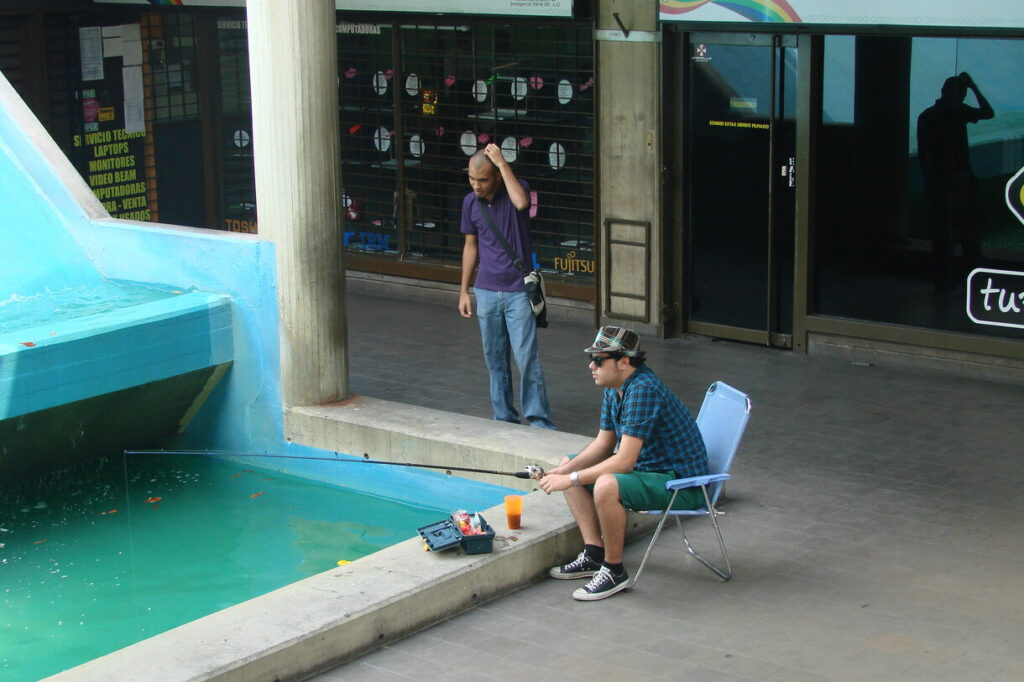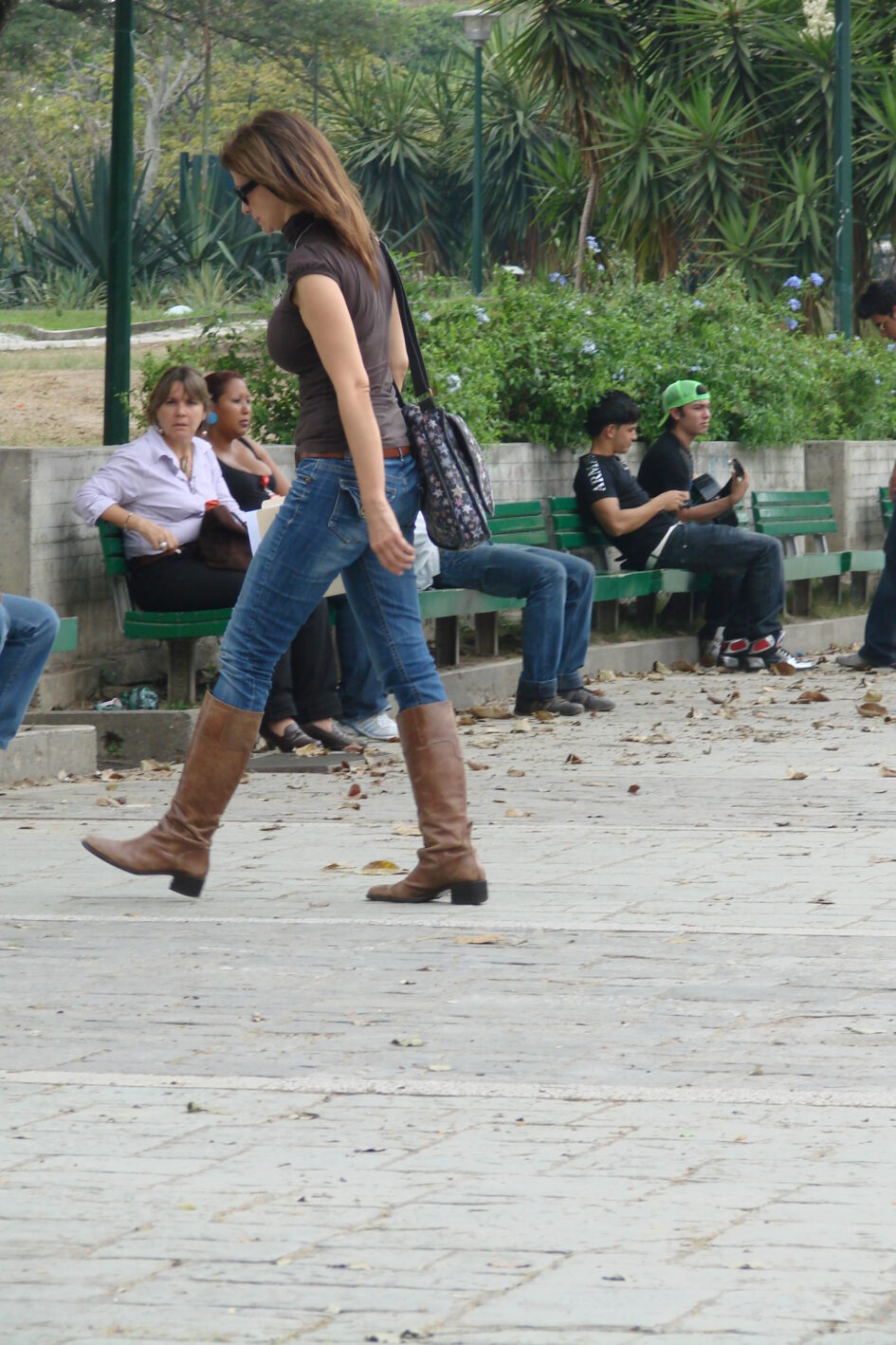Caracas – A Capital of Stark Contrasts
Caracas, Venezuela’s capital, evokes extreme emotions. Framed by the picturesque Ávila Mountains yet notorious as one of the world’s most dangerous cities, statistics show dozens of armed robberies daily. For tourists, the worst-case scenario is losing all cash at the trip’s start. Even guidebooks strongly discourage evening walks – “nightfall” begins at 7:00 PM here. Most travelers minimize their stay – we too planned just one day in this city of contradictions.
First Encounter with Venezuelan Reality
After landing at Simón Bolívar Airport, we got our first lesson in local economics – currency exchange. The official rate (1 USD = 4.3 BsF) differed wildly from the “street” rate (1 USD = 6 BsF). But unofficial exchanges are risky – exposing you to both scams and police trouble. We ultimately chose the safer airport exchange despite lower returns.

Altamira – Safe Haven
From the airport, we headed to Altamira, considered one of the city’s safest districts. Hotel Monserat cost an exorbitant $55/night (a fortune by local standards) but offered relative security. First impressions from the taxi window? Surprisingly beautiful – the jagged Ávila peaks on one side, Caribbean blues on the other.
After exhausting travels, we indulged in long sleep. Venturing into Altamira’s streets revealed… an ordinary big city. Crowds, street noise, typical urban bustle. Breakfast at a local café ($15 for two) unveiled another Venezuelan truth – the country becomes absurdly expensive for foreigners using official exchange rates.
Caracas Curiosities
- Founded in 1567 as Santiago de León de Caracas
- Birthplace of Simón Bolívar – South America’s “Liberator”
- Sabana Grande’s skyscrapers are called “chocolate” buildings – left unpainted in 1950s concrete when paint supplies ran out
- The Teleférico de Caracas cable car offers breathtaking city views from Ávila’s summit

Escape to Ciudad Bolivar
That evening we headed to the bus terminal for our night bus to Ciudad Bolivar. Venezuelan coaches are infamous for… arctic AC temperatures. Despite preparations (fleece, long pants, socks, even a sleeping bag), we shivered in the coldest section. Ironically, this chill helped me sleep through most of the 10-hour journey across nocturnal Venezuela.
Caracas left us conflicted. Beautiful setting and rich history versus omnipresent danger and absurd prices. Perhaps someday, when the country stabilizes, we’ll return to discover its true character. For now, we departed the capital with relief, heading toward Venezuela’s more welcoming corners.

Leave a Reply